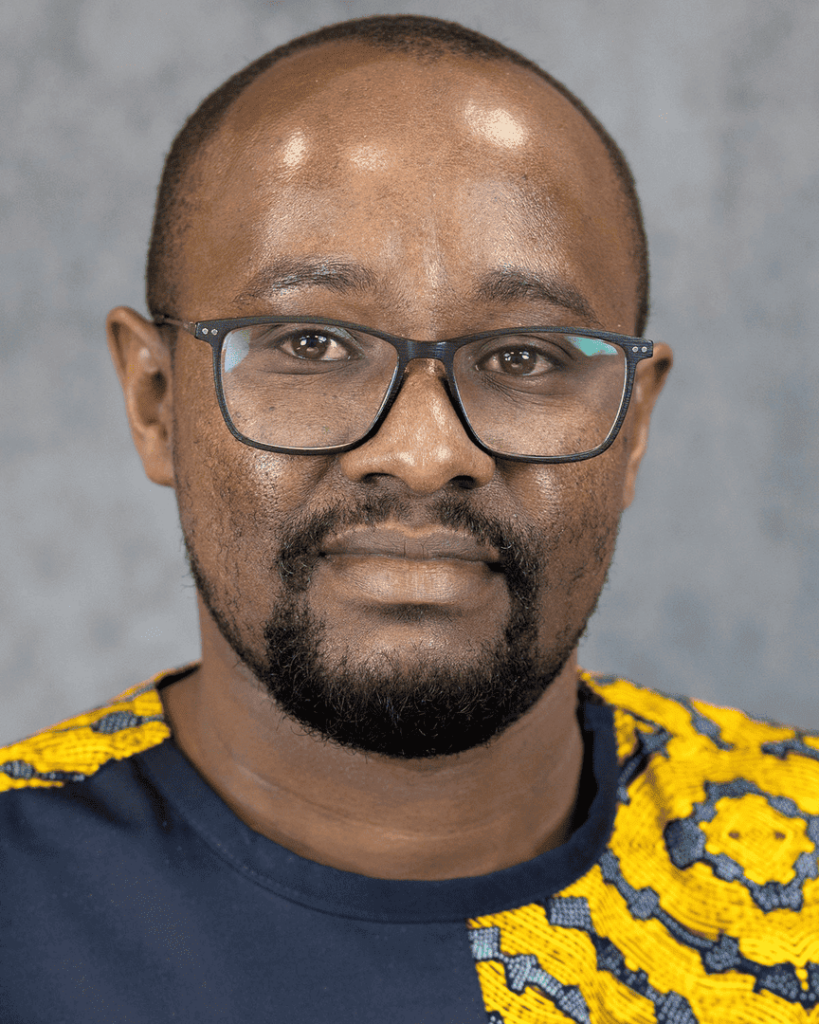Addressing the Urgent Need for Climate Finance in Africa: A Call to Action
As the world grapples with the impending climate crisis, the importance of multilateralism in combatting climate change cannot be overstated. The ongoing UN-convened climate summit, COP29, taking place in Baku, Azerbaijan, is a critical juncture for global discussions on climate justice and finance. African countries, disproportionately affected by climate change despite being the least responsible for it, are advocating for substantial and equitable climate finance from wealthy nations.
Why Wealthy Nations Must Step Up
Despite the commitments made by developed countries to mobilize $100 billion per year for climate action in developing nations, the actual funding falls short of the trillions of dollars needed. African countries are bearing the brunt of climate impacts and are in urgent need of sustainable finance to support their climate adaptation and mitigation efforts. Wealthy nations must fulfill their financial obligations without resorting to high-interest loans and ensure transparency in climate finance mechanisms.
What African Countries Really Need
African countries are pushing for substantial climate action backed by sustainable finance, particularly from high-income nations. They emphasize the need for grants and concessional finance to address the climate crisis effectively. The current climate finance landscape is marred by inadequate funding, restrictive conditions, and lack of transparency, hindering developing countries’ ability to combat climate change.
A Shift from Symbolism To Accountability
Rich nations must scale up climate finance commitments and provide real support that aligns with the magnitude of the climate crisis. The summit presents an opportunity for developed countries to demonstrate their commitment to climate action through tangible financial support that prioritizes justice, equity, and fairness.
A New Ambitious Climate Finance Goal
COP29 must set a more ambitious target for climate finance, known as the New Collective Quantified Goal (NCQG), to support developing countries in reducing emissions and adapting to climate impacts. The goal should be accompanied by high qualitative standards to ensure rapid and just climate action that benefits all regions, particularly Africa.
Scale Up Technical and Capacity-Building Support
In addition to financial support, developing countries, especially in sub-Saharan Africa, require technical assistance and capacity-building to prepare bankable projects eligible for climate funding. By investing in early-phase project development and de-risking investments, rich nations can empower countries to achieve their climate targets effectively.
Why Baku Needs to Deliver
African countries are advocating for accessible and just financing to combat the climate crisis. COP29 must deliver meaningful and equitable finance frameworks to support vulnerable nations in their climate action efforts. The summit will be a pivotal moment in determining the future of climate equity and finance, with wealthy nations expected to lead by example in addressing the urgent climate challenges facing the world.
About the Author
Benson Kibiti is a strategic communications expert with a focus on international development and climate action. With a passion for driving global dialogue on sustainable energy solutions, Benson advocates for a just energy transition in Africa and other emerging economies. He is based in Nairobi and can be found on LinkedIn and Twitter.






